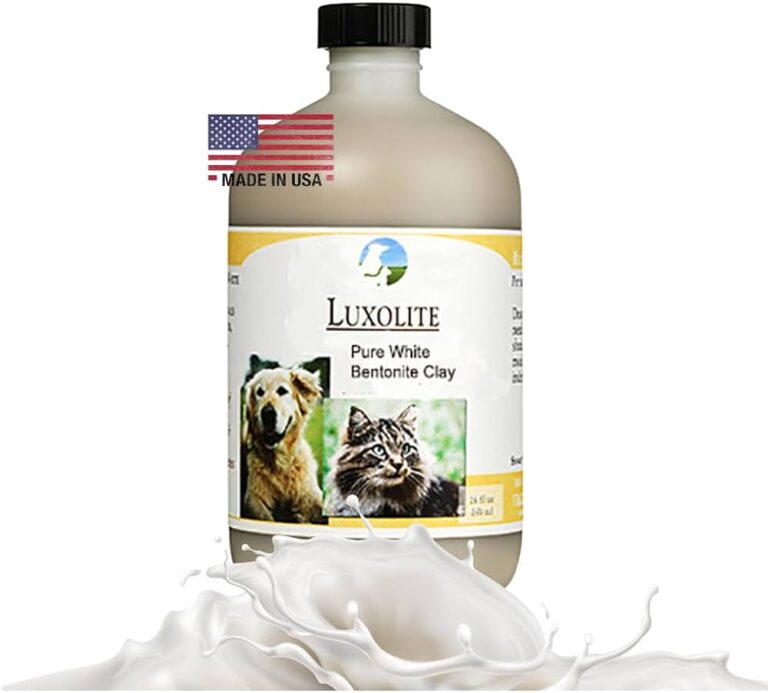Your dog’s diarrhea and vomiting for 3 days could be a sign of a serious health issue. It’s important to seek veterinary care immediately to determine the cause and provide appropriate treatment.
Diarrhea and vomiting in dogs can be caused by various factors including infections, dietary indiscretion, parasites, or underlying health conditions. In some cases, it may indicate a life-threatening emergency such as poisoning or organ failure. A prompt diagnosis and treatment plan are crucial to ensure your dog’s well-being.
Your veterinarian will conduct a thorough examination, possibly including blood tests and fecal analysis, and recommend the most effective course of action. Keeping your pet hydrated and comfortable until the veterinary visit is essential. Reassure your furry friend and act promptly for their health and safety.
Recognizing Symptoms
If your dog has been experiencing diarrhea and vomiting for 3 days, it’s crucial to look out for signs of dehydration:
– Identifying signs of dehydration:
Look for symptoms such as excessive panting, dry gums, and loss of skin elasticity.
– Frequency of vomiting and diarrhea episodes:
Keep track of how often your dog is experiencing these symptoms, as frequent episodes could indicate a more serious issue.
– Behavior changes in your pet:
Pay attention to any changes in your dog’s behavior, such as lethargy or reduced interest in food and water.
Immediate Actions For Pet Owners
It’s crucial to keep your dog hydrated during diarrhea and vomiting as it can lead to dehydration. Offer small amounts of water frequently, or use a pet-safe electrolyte solution. Withhold food for 12-24 hours to give the GI tract a rest, but ensure access to water. After fasting, gradually introduce bland food like boiled chicken and rice in small portions. Safe at-home remedies include plain pumpkin puree to firm up stools and probiotics to restore gut health. Consider seeking veterinary advice if symptoms persist or worsen.
Seeking Veterinary Care
Understanding when it’s an emergency: If your dog is experiencing severe diarrhea and vomiting for more than 24 hours, it is crucial to seek veterinary care immediately. Look out for signs of dehydration, lethargy, or blood in the stool or vomit.
Tests and diagnoses procedures: The vet may conduct a physical examination and recommend blood tests, fecal exams, and possibly imaging studies to determine the underlying cause of your dog’s symptoms.
What information to provide your vet: Be prepared to provide details about your dog’s diet, recent activities, any possible exposure to toxins, and a thorough description of the symptoms, including the duration and frequency of diarrhea and vomiting.
Understanding Potential Causes
When a dog experiences diarrhea and vomiting for 3 days, it can be concerning for pet owners. Understanding the potential causes of gastrointestinal upset can help identify the underlying issue. Common causes may include food-related and non-food-related issues. Food-related factors could involve dietary changes, food intolerances, or ingesting harmful substances. Non-food-related issues may stem from infections, parasites, or underlying health conditions. Stress and environmental changes can also play a significant role in triggering gastrointestinal upset in dogs. Considering these factors can aid in pinpointing the cause of the symptoms, enabling pet owners to seek appropriate veterinary care for their furry companions.
Expert Solutions For Diarrhea And Vomiting
If your dog is experiencing diarrhea and vomiting for 3 days, it is crucial to consult a veterinarian for the prescribed medications to address the underlying causes of these symptoms. Most commonly, medications such as anti-diarrheal drugs and antiemetics are administered to alleviate the symptoms and restore the digestive health of your dog.
Additionally, dietary changes are essential in managing diarrhea and vomiting in dogs, such as feeding a bland diet consisting of rice and boiled chicken to ease digestion. During recovery, it’s important to avoid feeding any table scraps or treats that could exacerbate the symptoms.
Furthermore, probiotics play a vital role in improving gut health by restoring the balance of beneficial bacteria in the digestive system. Probiotic supplements can significantly aid in alleviating gastrointestinal issues and enhancing overall digestive function in dogs.

Credit: www.thewildest.com
Home Care And Monitoring
When caring for a dog with diarrhea and vomiting, it’s important to create a comfortable environment for their recovery. Provide a quiet and calm space, and avoid feeding for 12-24 hours after vomiting. Once the symptoms subside, reintroduce bland food such as boiled chicken and rice in small, frequent meals. Monitor your dog’s symptoms closely, including the frequency and consistency of diarrhea, and any signs of lethargy or dehydration. And be on the lookout for positive recovery signs such as improved appetite and energy levels.
Preventing Future Episodes
As a dog owner, it can be distressing to witness your dog suffering from diarrhea and vomiting. Taking proactive measures is crucial to prevent future episodes. This includes focusing on the best practices for diet and exercise. Regular veterinary check-ups play an essential role in maintaining your dog’s health and identifying potential issues early on. Managing stress in dogs is also vital, and implementing strategies such as creating a calm environment can significantly contribute to their well-being.
Frequently Asked Questions For My Dog Has Diarrhea And Vomiting For 3 Days
What Could Be Causing My Dog’s Diarrhea And Vomiting?
Your dog’s symptoms can be caused by various factors such as dietary indiscretion, parasites, or underlying health issues. It’s essential to consult a veterinarian for a proper diagnosis to address the root cause effectively.
How Can I Help My Dog If They Have Diarrhea And Vomiting?
Ensure your dog stays hydrated and provide a bland diet like boiled chicken and rice. Monitor their condition closely and seek veterinary attention if the symptoms persist for more than 24 hours.
When Should I Take My Dog To The Vet For Diarrhea And Vomiting?
If your dog’s symptoms are severe, prolonged, or accompanied by other concerning signs such as lethargy or blood in the stool, it’s crucial to seek immediate veterinary care. Early intervention can prevent further complications.
Conclusion
Dealing with your dog’s diarrhea and vomiting can be worrying. Always consult a vet to ensure the well-being of your furry friend. Remember to monitor their symptoms and provide plenty of water. With proper care and attention, your dog should be feeling better soon.
Take care of your pet!



